Florida Governor Ron DeSantis claimed he was acting to save the state from “radical green zealots” by removing mentions of ‘climate change’ from the state’s energy policies.
This bold move was part of a wider effort to reshape Florida’s environmental and energy strategies, reflecting his administration’s priorities and concerns about energy independence.
Ban on Offshore Windmills Enacted
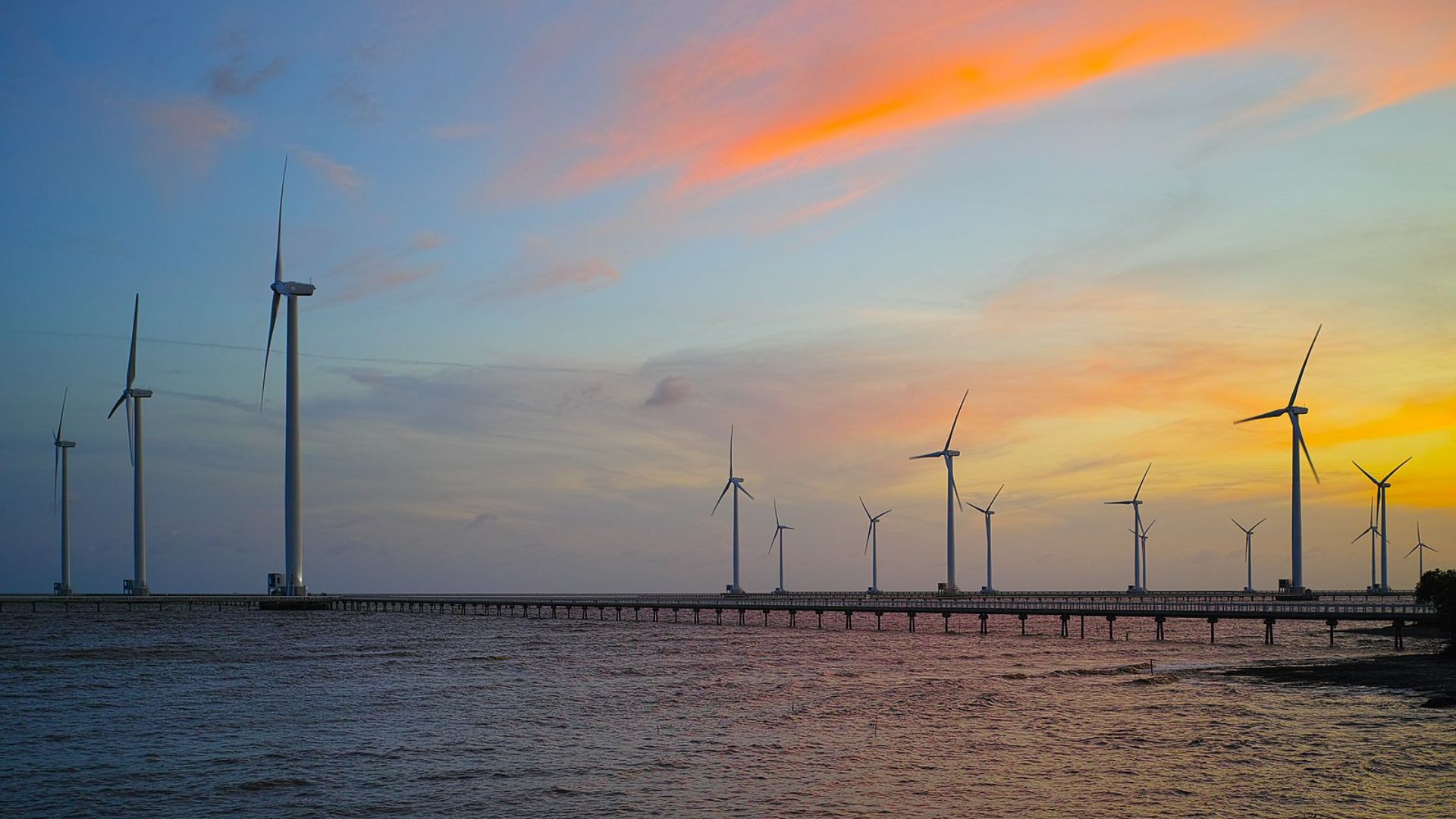
Alongside removing references to climate change, Governor DeSantis signed legislation that bans the construction of offshore windmills.
This decision aligns with his view that such structures could threaten the state’s landscapes and economic stability. This is a significant step back from renewable energy initiatives previously considered by the state.
Favoritism Towards Natural Gas and Non-Fuel Efficient Vehicles

The new law also gives preferential treatment to natural gas companies and eliminates the requirement for state-purchased vehicles to be fuel-efficient.
This shift highlights a broader departure from policies aimed at reducing carbon emissions and promoting environmental sustainability within the state’s government operations.
DeSantis’ Statement on New Legislation
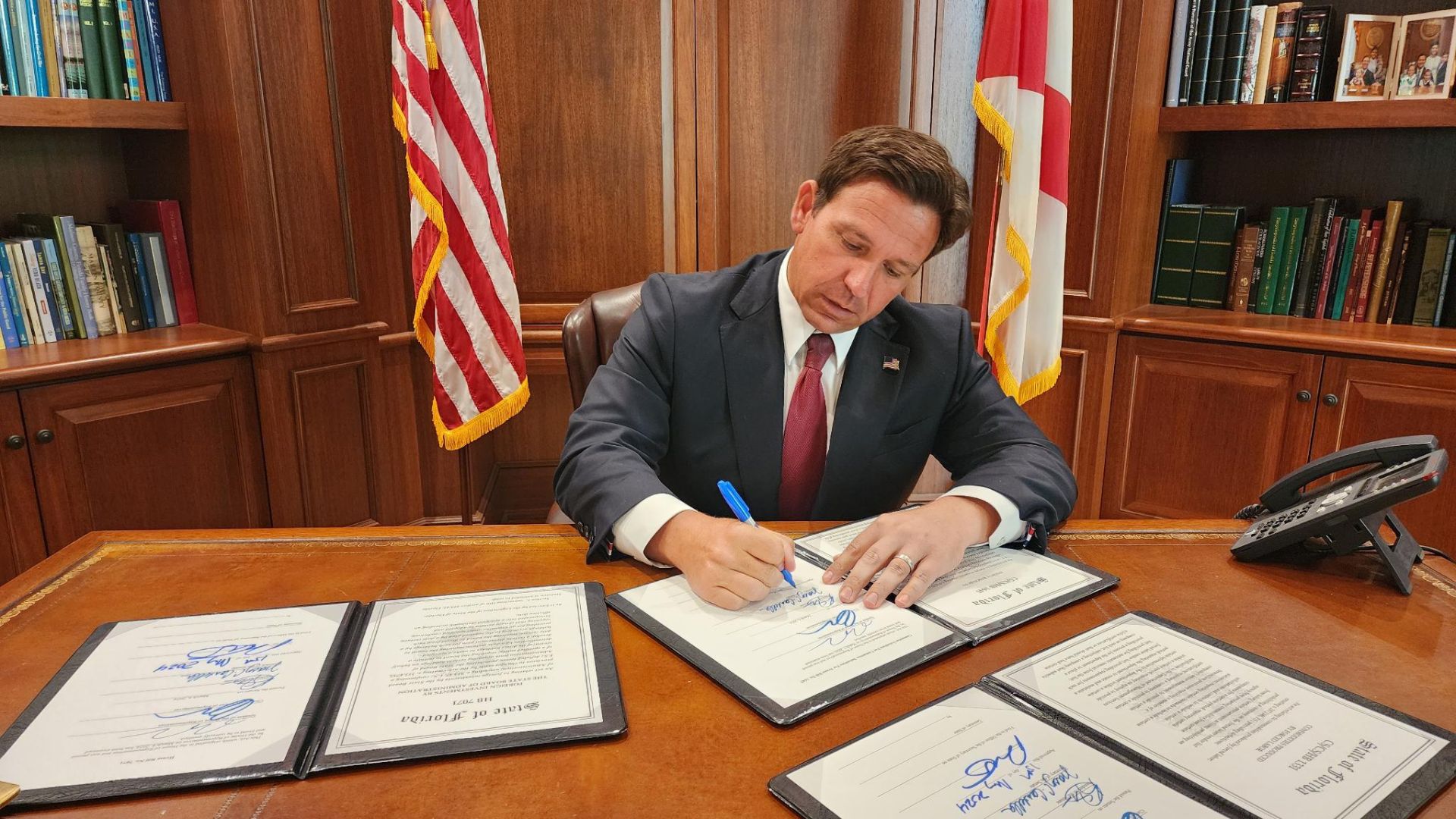
Governor DeSantis explained the rationale behind his decisions on social media platform X, formerly Twitter.
He wrote: “The legislation I signed today… will keep windmills off our beaches, gas in our tanks, and China out of our state. We’re restoring sanity in our approach to energy and rejecting the agenda of the radical green zealots.”
Criticism from the White House
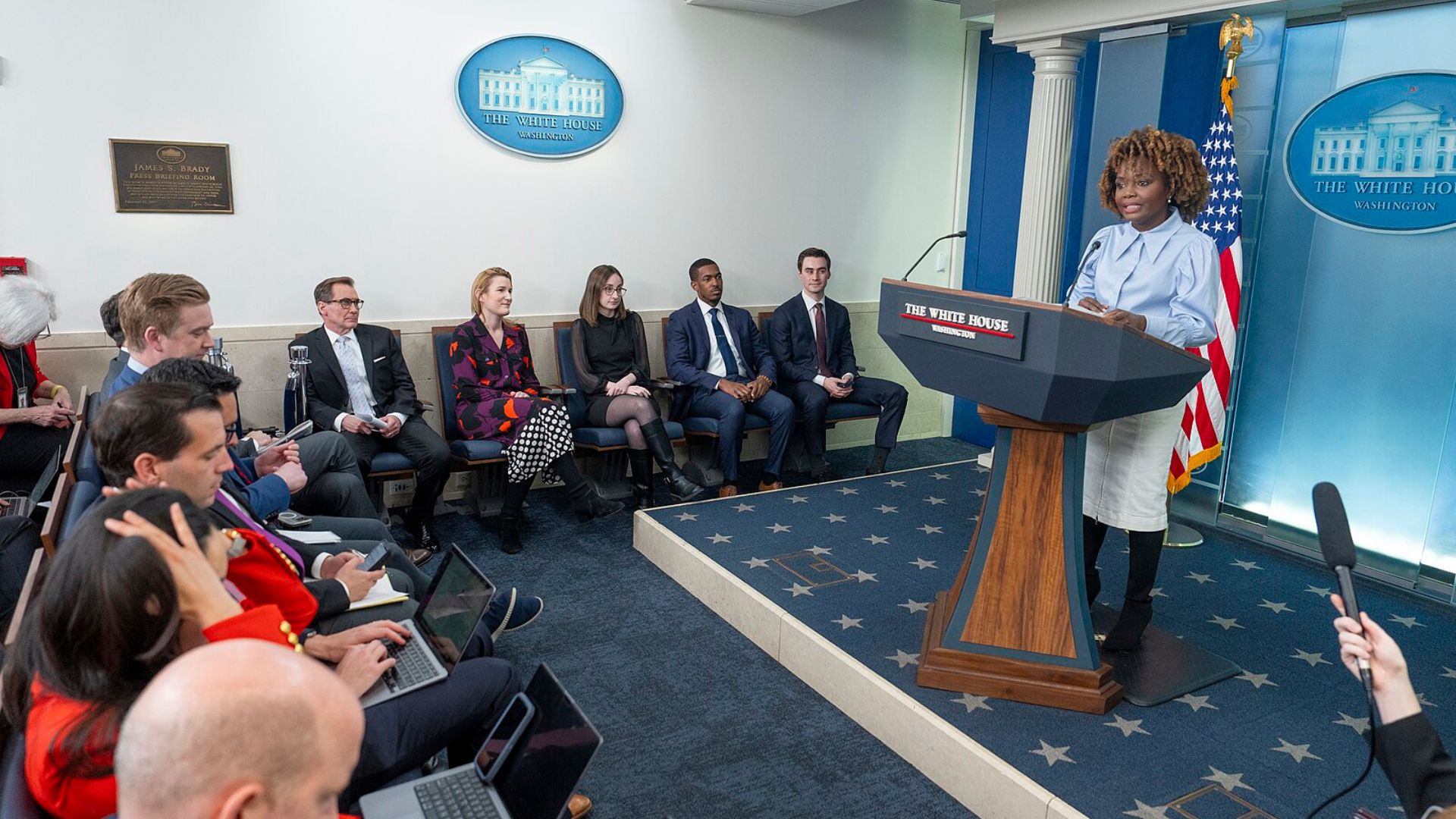
The White House responded quickly to DeSantis’ legislative actions, with press secretary Karine Jean-Pierre commenting, “That’s pretty shameful,” during a press briefing.
This reflects the federal government’s starkly different stance on climate and energy policy, emphasizing a commitment to addressing climate change actively.
White House’s Emphasis on Climate Action

Jean-Pierre further elaborated on the administration’s dedication to environmental issues.
She said, “and the president, as you know, has been the most progressive, has done more on climate change than any other president. And so we are committed, committed to dealing with this crisis and meeting our goals.”
Florida Democrats Express Concern

Former Representative Debbie Mucarsel-Powell expressed her concerns about the implications of DeSantis’ policies for Florida, a state particularly vulnerable to climate change.
On X, she posted: “We’re on the FRONT LINES of climate change. It drives the destruction of our coastal communities and economy.”
Critique of Republican Climate Policies

Mucarsel-Powell criticized the continuation of policies she attributed to previous administrations, saying, “DeSantis is finishing what [Sen. Rick] Scott started when he was governor, and making sure our state doesn’t stand a chance.”
Her statement illustrates a concern that these policies may exacerbate existing environmental and economic challenges.
The Reality of Climate Change in Florida

Representative Frederica Wilson, serving parts of Miami, also weighed in, saying, “Climate change is an indisputable fact, not a topic open for debate.”
She emphasized the daily visible impacts of climate change in Florida and criticized any efforts to undermine the state’s response to this crisis.
Economic Costs of Climate Events in Florida
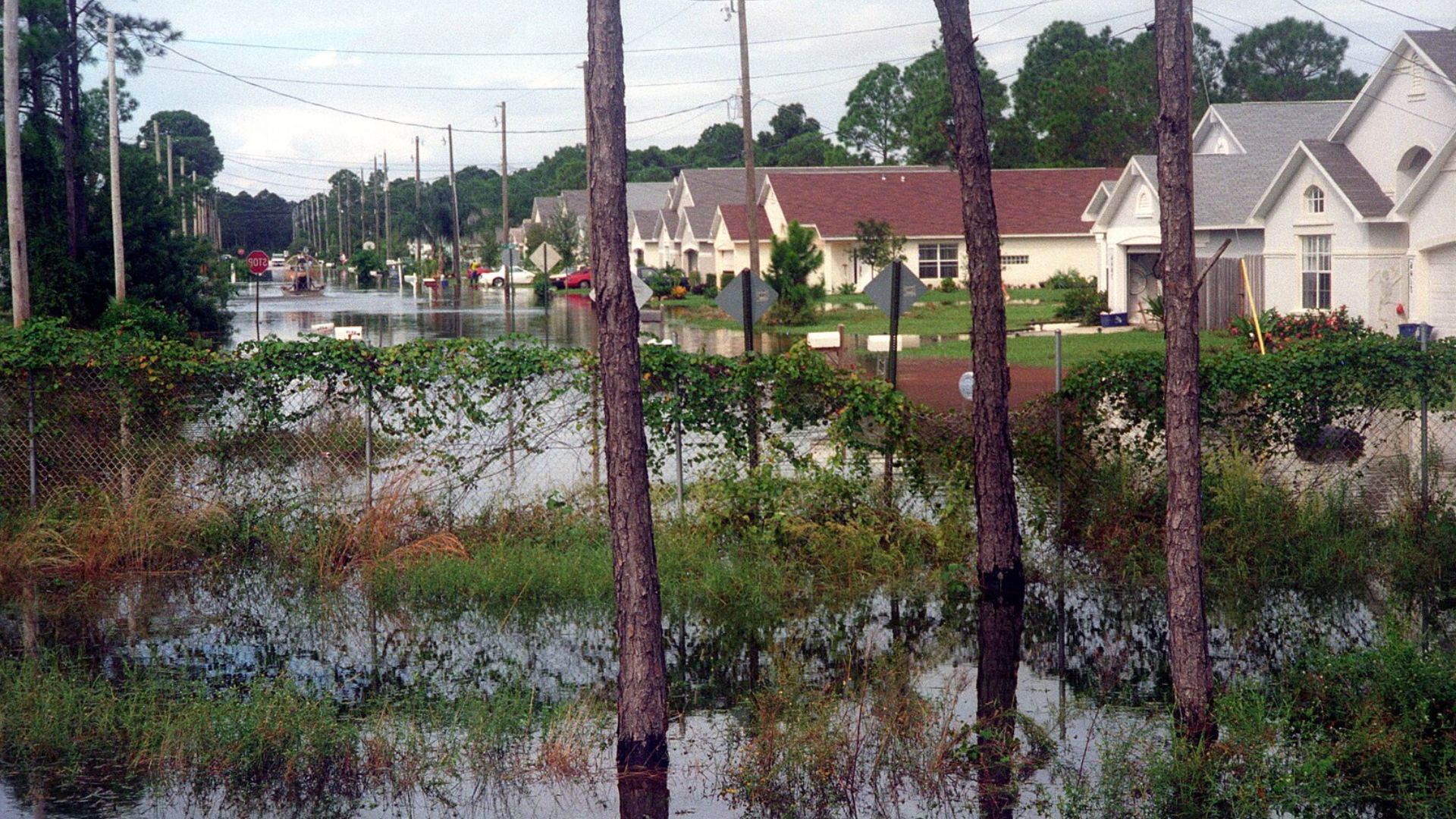
Highlighting the financial implications, Robert Reich noted on X about the severe costs already borne by Florida due to climate-related disasters.
He said, “Since 1980, there have been 87 weather/climate disaster events in Florida with losses exceeding $1 billion each.” His comment points to the high economic stakes of environmental changes in Florida.
DeSantis’ Opposition to Federal Climate Policies
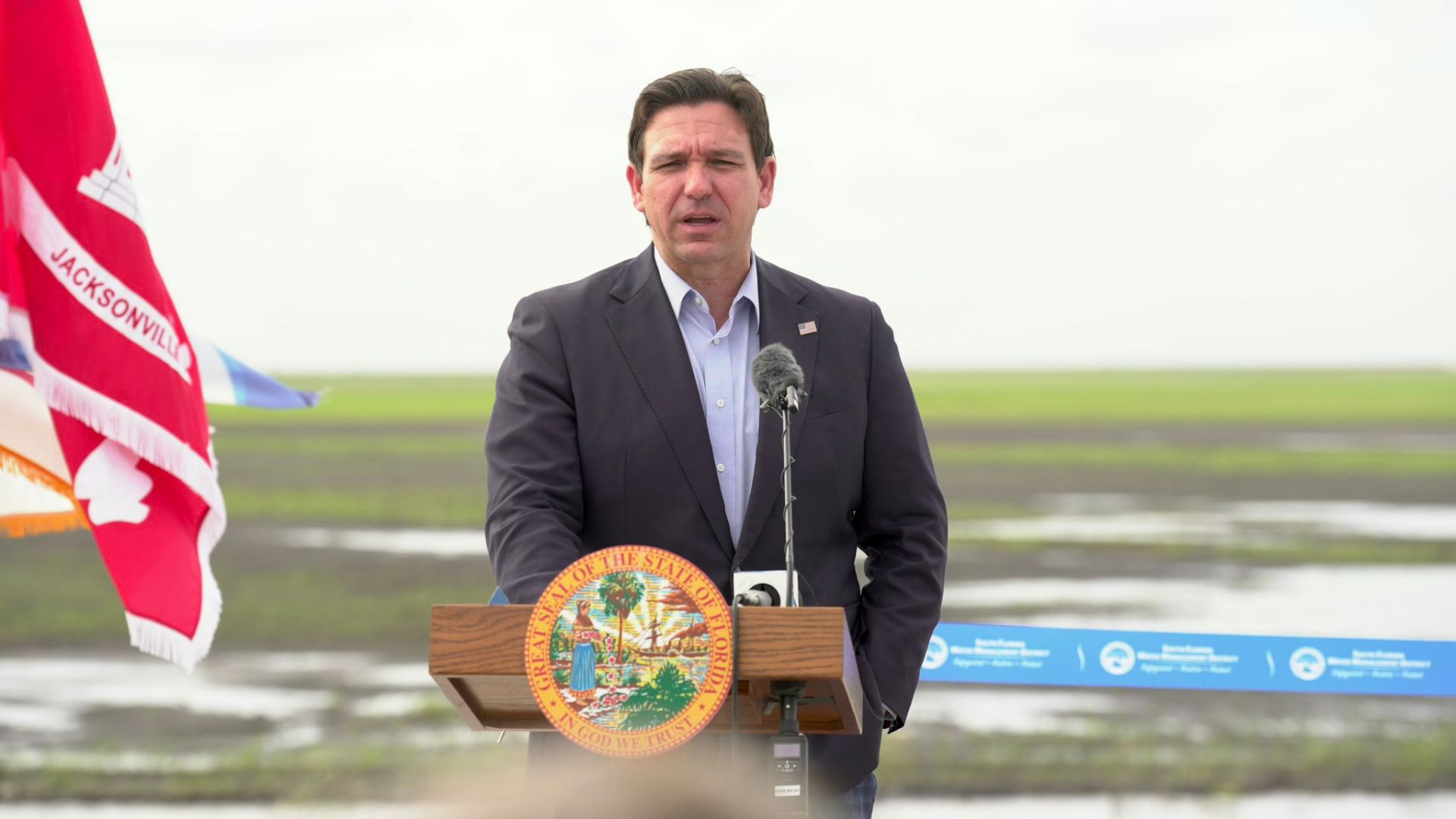
Governor DeSantis has positioned himself in opposition to President Joe Biden’s climate policies, aligning more with former President Donald Trump‘s approach.
This alignment reflects a broader political divide on environmental issues, with significant implications for state and national policy.
End of Presidential Campaign and Support for Trump
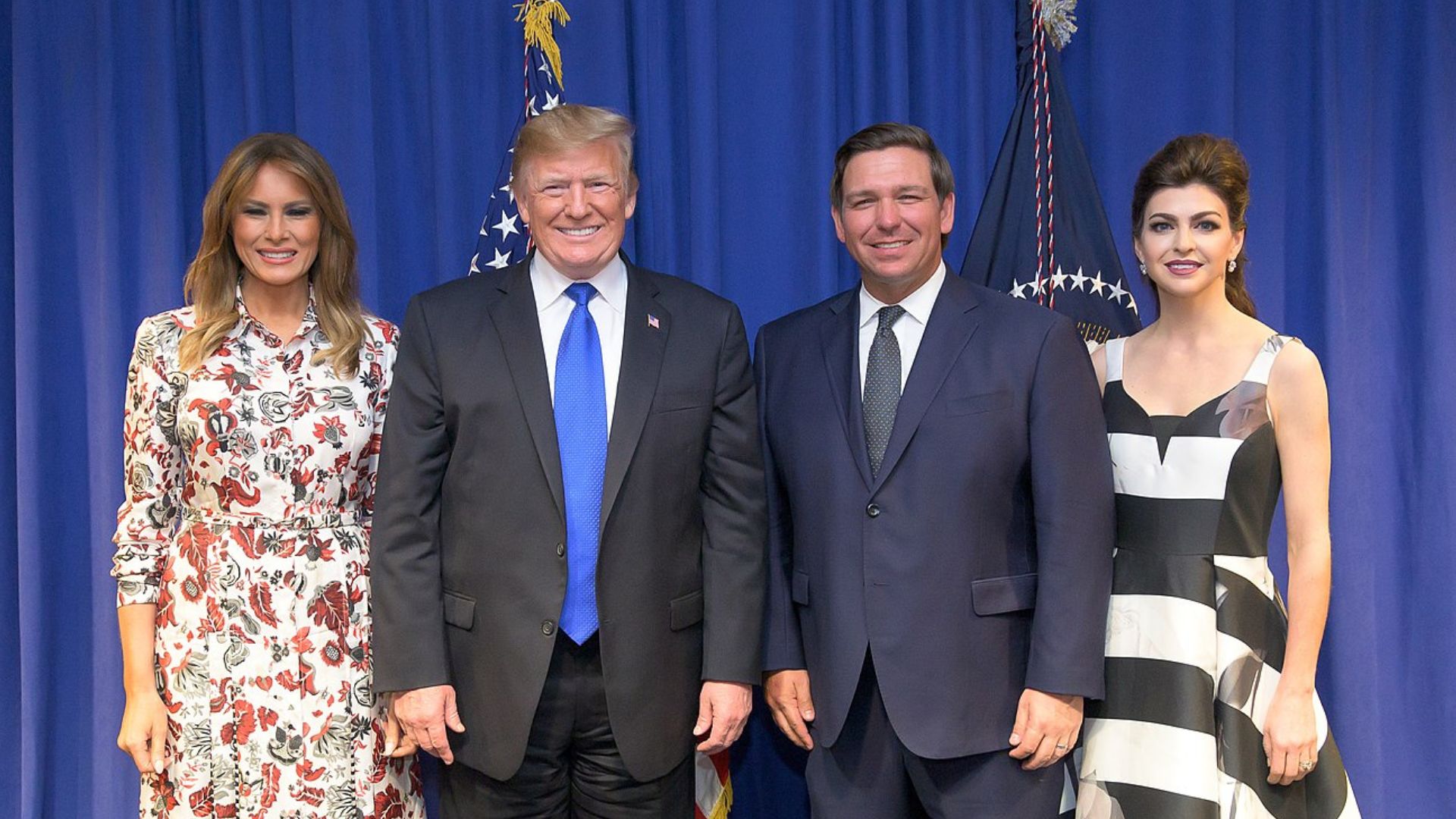
Governor DeSantis ended his bid for the 2024 presidency in January after a disappointing performance in the Iowa caucuses.
He then endorsed Donald Trump, stating his intent to support the presumptive Republican nominee, which marks a significant shift in his political focus following the end of his campaign.
